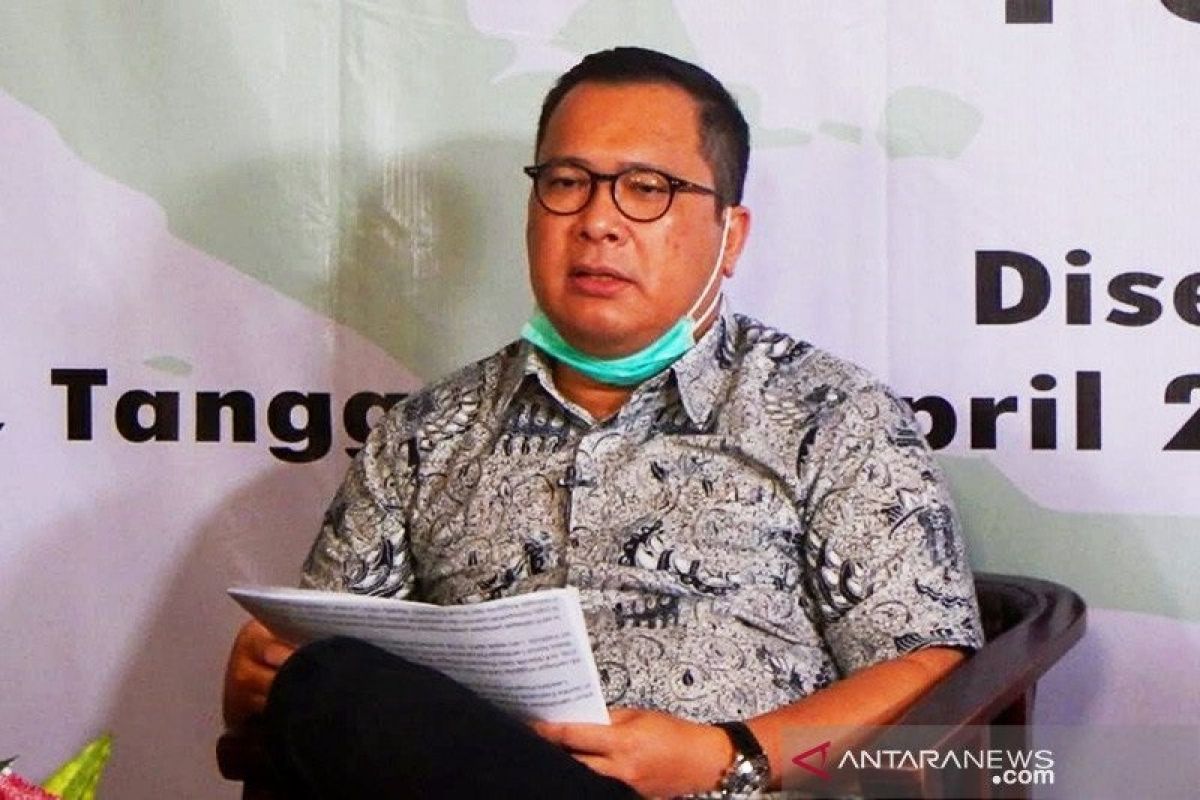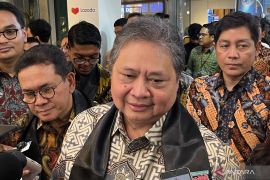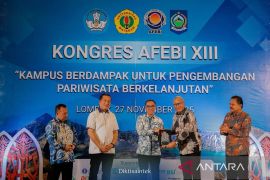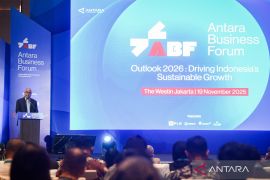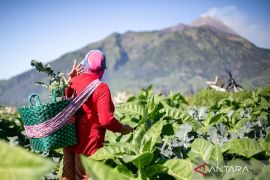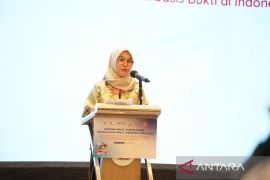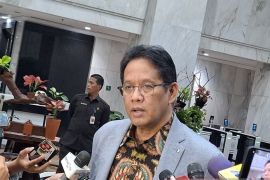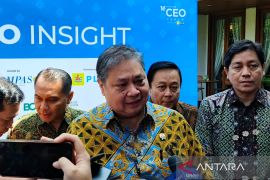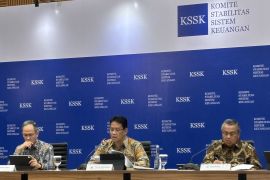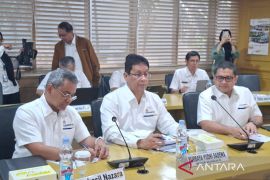This (number) was achieved by the cooperation of all parties. A number of government policies implemented thus far, through social assistance programs and national economic recovery, all of which have contributed to withstand pressure on the communitJakarta (ANTARA) - The return of Indonesia’s annual economic growth to the positive level of 7.07 percent in the second quarter of 2021 was driven by collective efforts and social stimulus, according to Presidential Special Staff Arif Budimanta.
Budimanta said that he saw a good contribution to the structure of the domestic economy in terms of expenditure for Gross Fixed Capital Formation (PMTB) and exports.
“This (number) was achieved by the cooperation of all parties. A number of government policies implemented thus far, through social assistance programs and national economic recovery, all of which have contributed to withstand pressure on the community and also business actors," he said in a written response to ANTARA's queries on Thursday.
The Central Bureau of Statistics had earlier reported that Indonesia's economy grew 7.07 percent year on year in the second quarter of 2021, or 3.31 percent on a quarter to quarter basis, indicating that the economy had exited the recession zone after four consecutive quarters.
Referring to the structure of the economic growth in the second quarter, he said that PMTB and exports have contributed to the national economic recovery. This positive trend must be maintained, as the future structure of the domestic economy will likely not only rely on the encouragement of household consumption, but also begin to transition to more productive sectors, such as investment and exports, he pointed out.
"The government continues to strive in maintaining this momentum," he said.
In the second quarter of 2021, it was apparent that the economic growth of several partner countries had also entered an expansionary phase, including the United States, which saw growth of 12.2 percent (yoy), China 7.9 percent (yoy), and South Korea 5.9 percent (yoy), he noted.
For that reason, domestic economic activities will continue to be consolidated in order to seize opportunities from any global economic recovery, he said.
Related news: Indonesia's economy grew 7.07 percent in Apr-Jun 2021: BPS
Related news: Geospatial information is significant for Indonesia's economic growth
Several other economic indicators in the second quarter also reflected substantial strengthening, he added. For example, the consumer confidence index increased by 16.4 points to 104.4 from 88 in the first quarter of 2021, Budimanta said.
Investment realization in the second quarter of 2021 also grew 16.2 percent (yoy) or 10 percent (yoy) cumulatively from January to June 2021, he added.
In terms of fiscal measures, the government has spent a total of 1,170.13 trillion Indonesian rupiahs from the state budget, or 42.55 percent of the total state expenditure as of the first semester of 2021, he said. This realization showed an increase of 9.38 percent compared to the same period in 2020, he added.
Additionally, external resilience in the second quarter of 2021 was still strong, considering the trade balance position that consistently saw a surplus from April 2020 to June 2021, Budimanta pointed out. Indonesia's trade balance surplus from January to June 2021 was recorded at US$11.86 billion.
Related news: Vaccinating fishermen supports economic growth: minister
Related news: Mobility key to economic growth in Q3: BPS
Translator: Indra AP, Aria Cindyara
Editor: Fardah Assegaf
Copyright © ANTARA 2021
